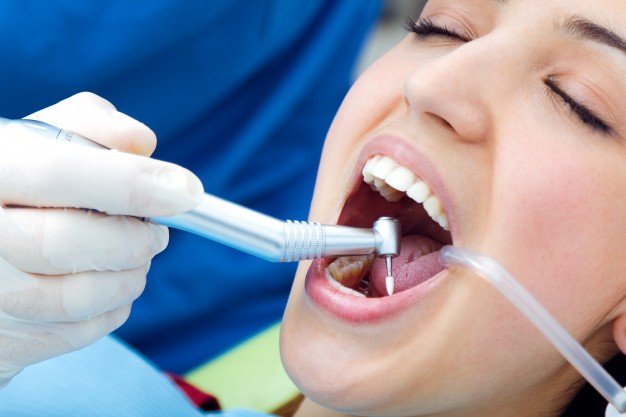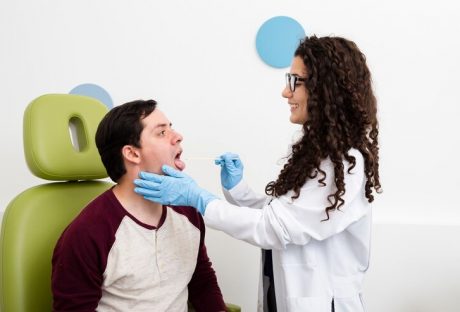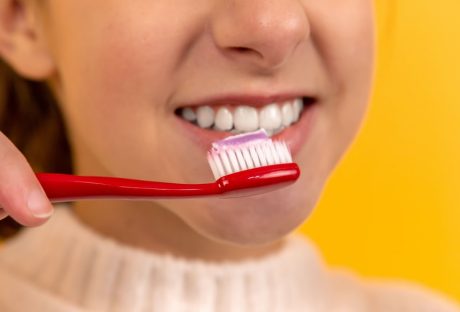It’s easy to assume that keeping your teeth brushing habits in good condition is largely just about preserving a gleaming, Hollywood-standard smile. However, your teeth aren’t just for show; they serve an array of crucial practical purposes. These include helping us to digest food and even talk coherently.
Neglecting your teeth brushing can lead to tooth decay – which, in turn, can lead to pain as well as the necessity of fillings, crowns or inlays. There’s also the risk of gum disease, which can wear away at your teeth and even bone around the teeth. How, then, can you brush your teeth more effectively?
5 Little Changes That Can Make Your Teeth-Brushing More Effective:
Choose the right toothbrush
The Oral Health Foundation recommends that adults advise people to use small or medium size brush head. The brush head should be soft, os that it does not damage tooth gum. The head needs to be small enough so that it can reach to the back end of the teeth.
While children’s brushes should be smaller, they must still include filaments of the same type. Then there’s the question of electric toothbrushes – which, research has indicated, do remove plaque more effectively than manual toothbrushes. Both adults and kids can benefit from going electric.
Use a good fluoride toothpaste
Considering that many dental experts have credited fluoride with helping to prevent cavities, it’s surprising that not all dental products actually contain fluoride. You should make sure that your toothpaste has it, which shouldn’t be too difficult, given the wide choice of fluoride toothpaste.
There is evidence that even people who otherwise stay on top of looking after their teeth can see their efforts undermined if fluoride isn’t involved, Medical News Daily observes.
“The optimum level of fluoride for anyone aged three and over is between 1,350ppm and 1,500ppm, so it doesn’t matter too much which brand you’re using as long as it has that level of fluoride,” Karen Coates of the Oral Health Foundation has explained to The Guardian.
Brush in a massaging, rather than aggressive, motion
Once that toothpaste is on your brush, how hard should you press it onto your teeth? Coates cites “a fine line between brushing effectively and overbrushing.” She adds that electric toothbrushes could help you to strike the right balance due to their inclusion of a pressure sensor.
Of course, it’s already common knowledge that you should brush twice a day. However, when you do brush, make sure you do it in small circular motions while being careful not to leave the front, back or top of any of your teeth untouched. Resist sawing back-and-forth motions!
Spit out toothpaste left over, but don’t rinse
Fluoride can help to strengthen and shield your teeth – and, in this way, prevent the onset of tooth decay. However, you must allow the fluoride to work its magic. That means not rinsing your mouth after teeth brushing, as you would be rinsing out the fluoride.
Therefore, just settle for rinsing out the surplus toothpaste after your brushing. Coates says reassuringly: “The residual bits of fluoride will stay on the teeth for about 30 minutes after brushing.”
Pay regular visits to the dentist
According to the expert recommendation, you should get a dental checkup every six months. Each routine dental examination will see the hygienist clean your teeth and remove any plaque and hardened tartar.
The dentist will inspect your mouth for warning signs of oral health issues like cavities, gum disease or mouth cancer. If the dentist spots minor damage, like a chip or crack, they might advocate a cosmetic treatment like teeth bonding from Ten Dental – and give you some more teeth brushing tips if there is visual evidence that they are needed.
Read also:






















